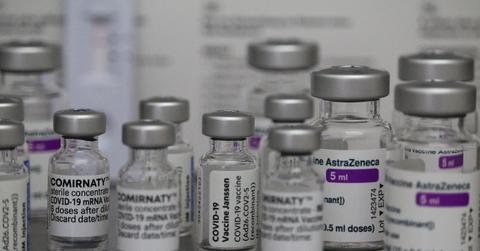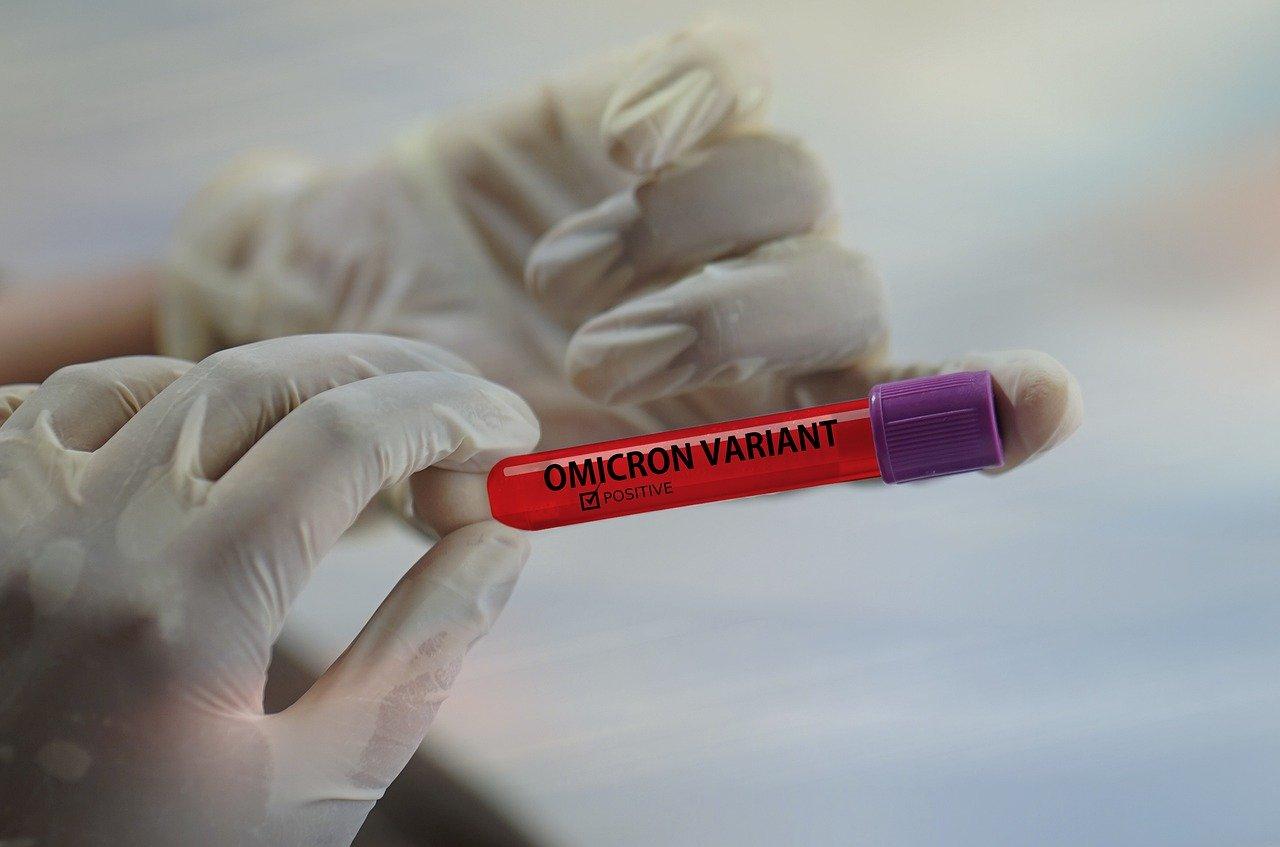AstraZeneca COVID-19 Vaccine Originated in the U.K., Is Used Globally
According to a recent study, a booster dose of AstraZeneca works against the omicron variant. What's the AstraZeneca vaccine’s country of origin?
Dec. 28 2021, Published 1:42 p.m. ET

In the wake of the COVID-19 pandemic, many companies stepped up their vaccine efforts. AstraZeneca's COVID-19 vaccine is among the most widely administered vaccines around the world. As of November 2021, about 2 billion doses of the company's COVID-19 vaccine have been released to more than 170 countries. What's the AstraZeneca vaccine’s country of origin?
AstraZeneca's vaccine is now called Vaxzevria. It's also being sold under the brand name Covishield. It was first approved for use in the U.K. vaccination program on December 30, 2020. There were initial questions about its safety regarding blood clots. However, it was later deemed safe by the EMA (European Medicines Agency) and is still recommended by the WHO. The AstraZeneca vaccine is now being approved by several medical agencies worldwide and it's being used in more than 170 countries.
What's the efficacy of AstraZeneca's COVID-19 vaccine?
The studies regarding the efficacy of AstraZeneca were quite wide-ranging. Interim results showed that the overall efficacy of the vaccine was 70.4 percent. The vaccine was shown to prevent 73 percent of cases in individuals with at least one underlying health condition.

However, the vaccine still isn't authorized for use in the U.S. So far, the large-scale trial that has been conducted used outdated data, according to the National Institute of Allergy and Infectious Diseases (spearheaded by Dr. Anthony Fauci).
How does the AstraZeneca vaccine work?
The vaccine works by delivering a genetic code of the SARS-CoV-2 spike protein to the body's cells. Since the spike protein is produced inside the body, the immune system recognizes it and starts an immune response. The vaccine uses the ChAdOx1 technology, which has been developed and optimized by the Jenner Institute over the last 10 years. The technology has also been tested for many other diseases like the flu and MERS.
It works differently compared to Pfizer-BioNTech and Moderna, which use mRNA technology. The AstraZeneca vaccine uses an adenovirus vector. The Pfizer and Moderna vaccines are less stable in storage compared to the AstraZeneca and Johnson & Johnson vaccines. Therefore, they need to be kept at ultra-cold temperatures.
The comparatively easier storage, distribution, and inexpensive nature of the AstraZeneca vaccine make it ideal for low and middle-income countries. Out of the 2 billion doses administered, about two-thirds have gone to low and lower-middle-income countries.
Does AstraZeneca work against the omicron variant?
According to an Oxford study, the booster dose of the AstraZeneca vaccine works against the omicron variant. The neutralizing effects of the vaccine are similar to those against the delta variant after a regular two-dose course.
How did the AstraZeneca vaccine originate?
The AstraZeneca vaccine was developed by Oxford University's Jenner Institute and Vaccitech, which is a private company spun off from the university. Among others, it had financing from Oxford Sciences Innovation, Google Ventures, and Sequoia Capital.
The first batch of the vaccine was produced for clinical testing by Jenner Institute and the Oxford Vaccine Group in collaboration with Italian manufacturer Advent Srl. While Oxford intended to give the manufacturing rights of its COVID vaccine to any drugmaker, the Gates Foundation urged it to find a large partner to get the vaccine to the market.
The U.K. government encouraged Oxford to work with AstraZeneca (a Europe-based company) rather than Merck & Co. According to the terms of the deal between Oxford and AstraZeneca, a potential royalty cut of roughly 6 percent for Oxford has been agreed upon.
The vaccine's active substance is being produced at several sites worldwide, including at Oxford in the U.K. and the Keele and Serum Institute of India at Pune.
